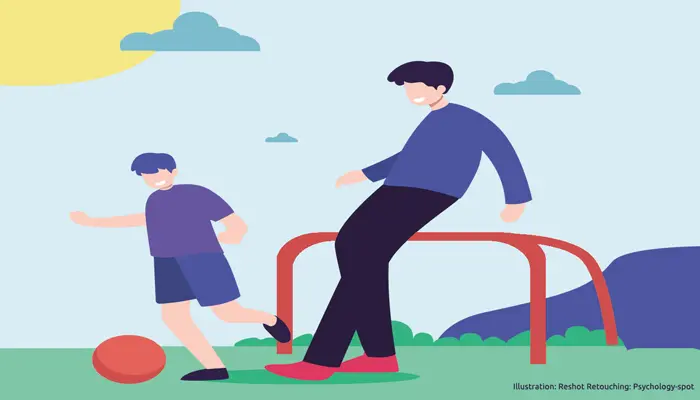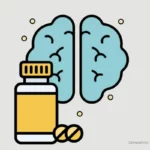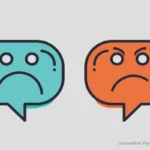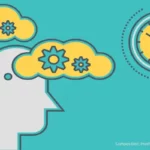
We adults have forgotten how to play. And we have forgotten the enormous satisfaction generated by playing. In a society obsessed with results and productivity, playing has no place. That is why it is not strange that adults end up ruining the childhood’s play, subtracting all those components that make it precisely so special and important.
How do adults harm childhood’s play?
1. Leading the game
One of the main mistakes adults make is directing children’s play. Adults become referees of what is right and wrong in the game, they dictate the rules and make sure that the children comply with them. In this way, adults end up assuming the role of orchestra director, making the children play at the pace they set.
The problem is that the directive game, that in which a series of precise rules must be followed, does not leave room for spontaneity nor does it offer the same opportunities for children to develop. The game is not a simple recreational activity for children to spend time and entertain themselves, but allows them to develop skills that will be essential for their adult life. If children play continuously under the control of adults, the opportunities for them to grow will diminish.
2. Intervening in the game every time something happens
In recent decades the overprotective tendency of parents has been increasing, so it is not surprising that even those who give their children some freedom to play, are closely monitoring the activity to intervene at the slightest problem. As helicopter parents, are launched to “help” children to solve mishaps.
However, unless the safety of children is at risk, adults should intervene as little as possible in children’s interactions. It is normal for friction and conflict to arise during the game, but children must solve them among themselves – or at least we should let them try. Only then will they develop the conflict resolution skills they need for their adult lives, learn to give in, develop self-control and abandon self-centered position.
3. Demanding results in the game
The wonderful thing about free play is that there is no result to be achieved. Children don’t have to be productive or achieve a result, but rather they play for the pleasure of playing. This type of playing promotes the state of “full participation” referred to by Abraham Maslow and Mihaly Csikszentmihalyi. It is a state of flow and relaxed attention that guarantees optimal experiences and gives free rein to the “ego”.
When adults convey expectations about the outcome of the play to children they automatically kill that spontaneity. Playing is no longer a free activity to focus on a goal, which spoils it largely of the enjoyment it should generate. If adults correct the alleged children’s mistakes during the play, especially in artistic playing, they are transmitting their expectations and the idea that the result counts more than the process. And that greatly denaturalizes the essence of the play.
Playing is not an activity but a mental state
“The opposite of playing is not working, it is depression”, wrote psychiatrist Stuart Brown, who spent decades working with people who have tried to commit suicide. In fact, playing is not an activity but a mental state that we shouldn’t give up in adulthood.
Playing means rediscovering the pleasure of exploring and being astonished at the simplest things, recovering spontaneity, getting rid of preconceived ideas and freeing ourself of the pressure to achieve results. It also means surrendering completely to the experience, without expectations, freeing the mind so that it can find new answers or simply ask new questions.
Remember that we do not stop playing because we age, but we grow old because we stop playing. Therefore, we must not only ensure that we do not obstruct children’s play but we should recover it ourselves, for the sake of our mental health.
In any case, the best way to supervise children’s play is to maintain a discreet presence in the background, intervening only when it is essential to provide suggestions that help children grow.



